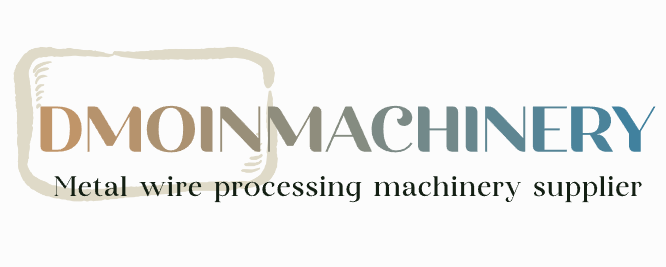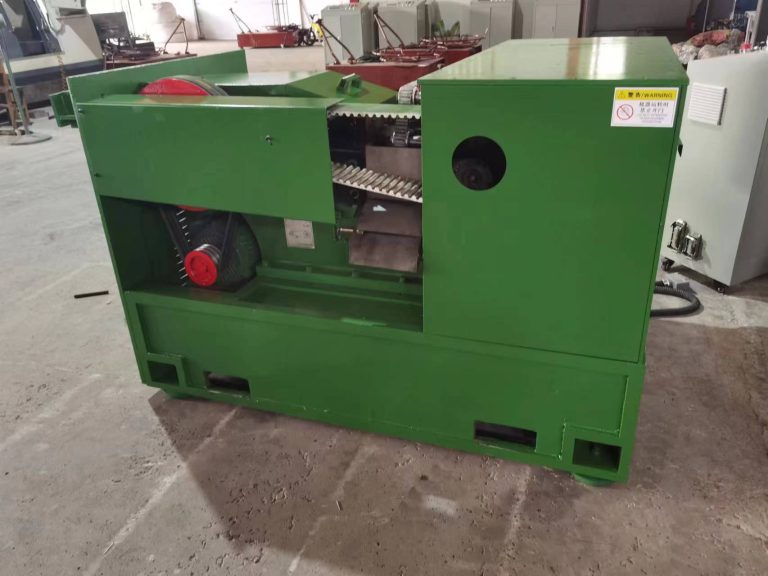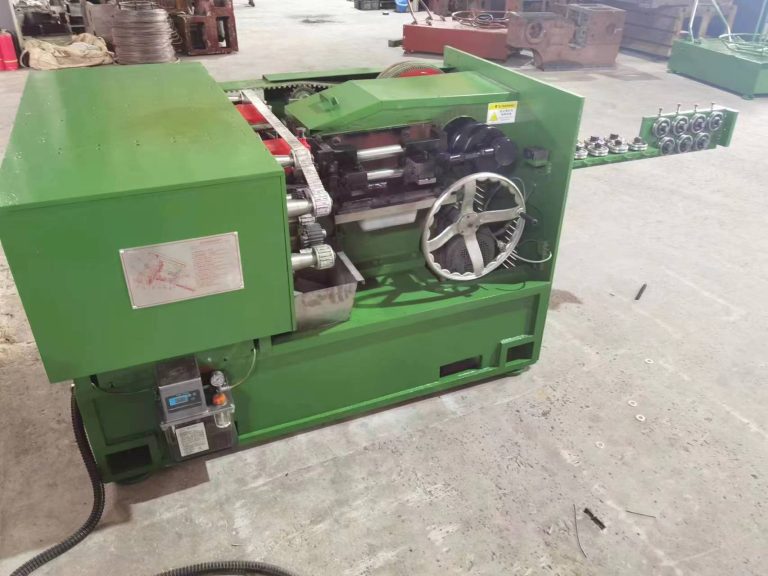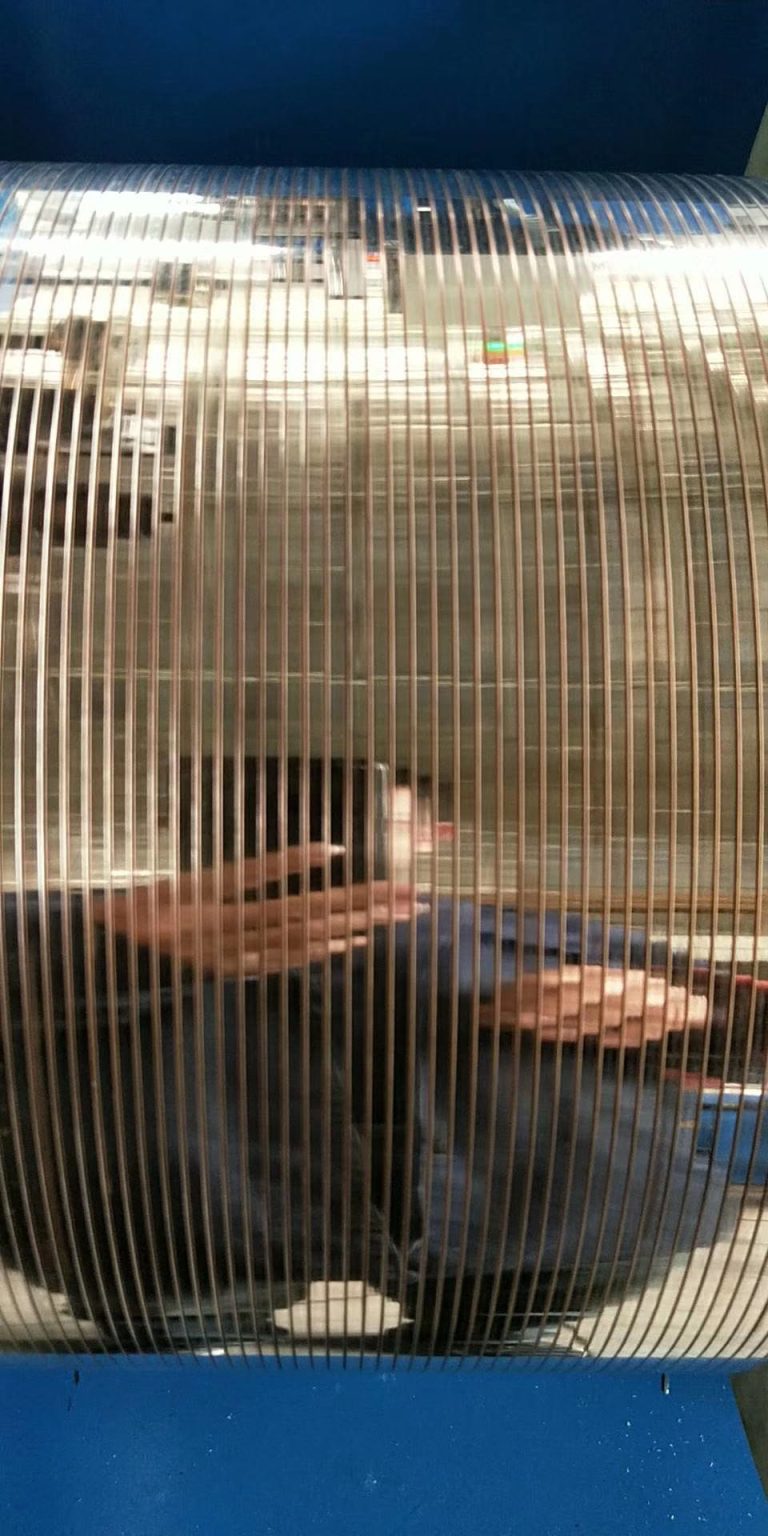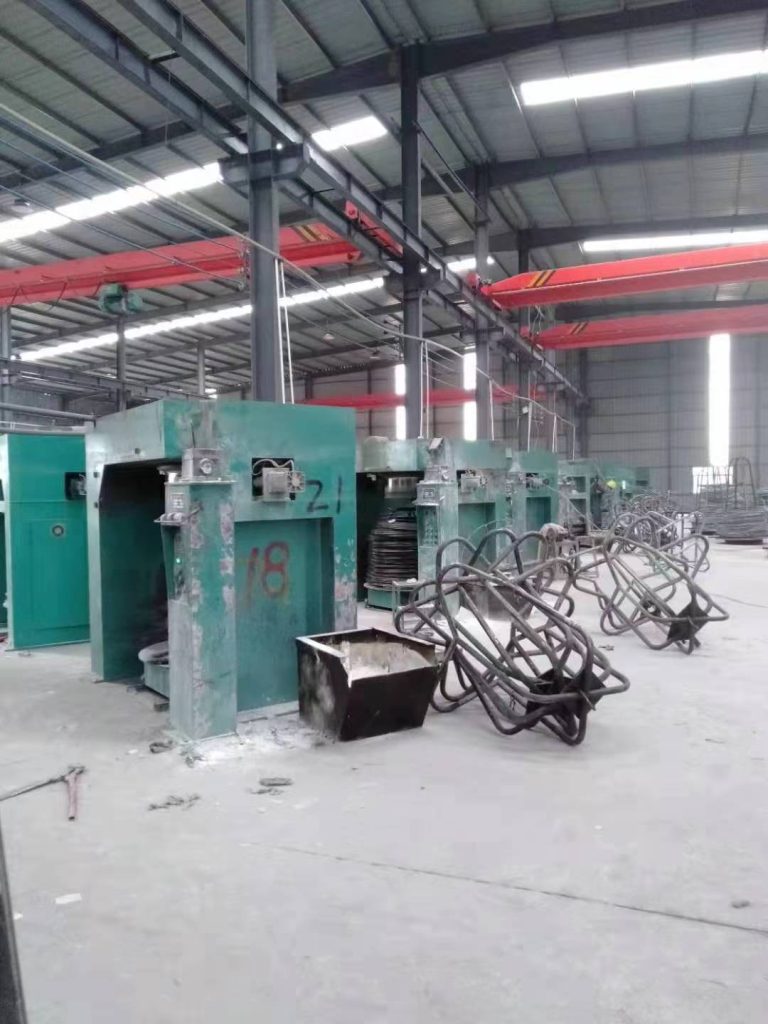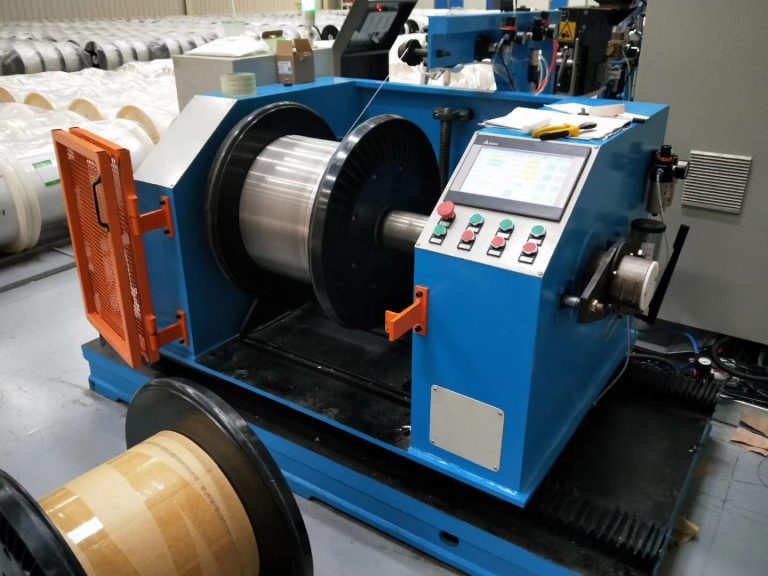Table of Contents
Dicas de manutenção para manter sua bobina de bloco morto nas melhores condições
As bobinadeiras de bloco morto são equipamentos essenciais na indústria de fios e cabos, usadas para enrolar fios em um carretel ou carretel. Essas máquinas são projetadas para lidar com tarefas pesadas e são construídas para durar. No entanto, como qualquer peça de maquinaria, a manutenção regular é crucial para garantir um desempenho e longevidade ideais. Neste artigo, discutiremos algumas dicas de manutenção para manter sua bobina de bloco morto nas melhores condições.
Uma das tarefas de manutenção mais importantes para uma bobina de bloco morto é a limpeza regular. Poeira, sujeira e detritos podem se acumular na máquina ao longo do tempo, levando à diminuição da eficiência e possíveis danos. Recomenda-se limpar a máquina após cada uso, utilizando uma escova macia ou pano para remover qualquer acúmulo. Preste atenção especial às guias de fio, tensores e outras peças móveis, pois são propensos a acumular detritos.
Além da limpeza, é importante inspecionar regularmente a máquina em busca de sinais de desgaste ou danos. Verifique se há parafusos soltos ou ausentes, rolamentos desgastados e fios desgastados. Substitua imediatamente quaisquer peças danificadas ou desgastadas para evitar maiores danos à máquina. Inspeções regulares podem ajudar a identificar possíveis problemas antes que se transformem em reparos dispendiosos. Outra dica de manutenção importante para manter sua máquina bobinadora de bloco morto de fio nas melhores condições é lubrificar as peças móveis regularmente. A lubrificação adequada ajuda a reduzir o atrito e o desgaste da máquina, prolongando sua vida útil. Utilize um lubrificante de alta qualidade recomendado pelo fabricante e siga as orientações de aplicação. Certifique-se de lubrificar todas as peças móveis, incluindo rolamentos, engrenagens e eixos de transmissão.
Além de limpeza, inspeções e lubrificação regulares, é importante calibrar a máquina periodicamente. A calibração garante que a máquina esteja operando com desempenho e precisão ideais. Siga as orientações do fabricante para calibração e faça os ajustes necessários para garantir o enrolamento preciso do fio.

O armazenamento adequado também é crucial para manter a condição de sua bobinadeira de bloco morto. Armazene a máquina em uma área limpa, seca e bem ventilada para evitar ferrugem e corrosão. Cubra a máquina quando não estiver em uso para protegê-la contra poeira e detritos. Evite armazenar a máquina perto de fontes de calor ou umidade, pois isso pode danificar os componentes elétricos.
Por último, é importante seguir o cronograma de manutenção recomendado pelo fabricante para sua bobinadeira de bloco morto. Tarefas regulares de manutenção, como limpeza, inspeções, lubrificação e calibração, devem ser realizadas em intervalos especificados para garantir o desempenho ideal. Mantenha um registro de todas as atividades de manutenção e agende verificações de manutenção de rotina para manter sua máquina nas melhores condições.
Concluindo, a manutenção regular é essencial para manter sua bobinadeira de bloco morto nas melhores condições. Seguindo estas dicas de manutenção, você pode prolongar a vida útil da sua máquina, evitar reparos dispendiosos e garantir um desempenho ideal. Lembre-se de limpar a máquina regularmente, inspecionar quanto a desgaste e danos, lubrificar as peças móveis, calibrar a máquina, armazená-la adequadamente e seguir o cronograma de manutenção do fabricante. Com cuidado e manutenção adequados, sua bobinadeira de bloco morto continuará a operar com eficiência nos próximos anos.
Como escolher a bobinadeira de bloco morto certa para o seu negócio
As bobinadeiras horizontais de fio morto são equipamentos essenciais para empresas do setor de fios e cabos. Essas máquinas são usadas para enrolar fios ou cabos em um carretel ou carretel de maneira organizada e eficiente. Se você está procurando uma bobinadeira de bloco morto, há vários fatores a serem considerados para garantir que você escolha a bobina certa para suas necessidades de negócios.

Uma das primeiras coisas a considerar ao selecionar uma bobinadeira de bloco morto é o tamanho e a capacidade da máquina. Bobinadores de bloco morto vêm em uma variedade de tamanhos para acomodar diferentes diâmetros e comprimentos de fios e cabos. É importante escolher uma bobina que aguente o tamanho e o peso do fio ou cabo com o qual você trabalhará. Além disso, considere a velocidade com que a bobinadeira pode enrolar o fio ou cabo, pois isso afetará a eficiência do seu processo de produção.
Outro fator importante a considerar ao escolher uma bobinadeira de bloco morto é o tipo de material com o qual ela é feita. As bobinadeiras de bloco morto são normalmente feitas de materiais como aço ou alumínio, que oferecem durabilidade e resistência. Considere o ambiente em que a bobina será utilizada, bem como o tipo de fio ou cabo que será enrolado, para determinar o melhor material para suas necessidades.
Além do tamanho e do material, é importante considerar as características e capacidades da bobina de bloco morto. Algumas bobinadeiras vêm equipadas com recursos avançados, como controle automático de tensão, padrões de enrolamento programáveis e displays digitais para monitorar a produção. Esses recursos podem ajudar a melhorar a eficiência e a precisão do seu processo de bobinagem, portanto, certifique-se de considerar quais recursos são mais importantes para o seu negócio.
Ao escolher uma bobinadeira de bloco morto, também é importante considerar a reputação e a confiabilidade do fabricante. . Procure uma empresa com histórico comprovado de produção de bobinadeiras de alta qualidade e construídas para durar. Ler avaliações e depoimentos de clientes também pode fornecer informações valiosas sobre o desempenho e a confiabilidade de uma bobinadeira específica.
Finalmente, considere seu orçamento ao escolher uma bobinadeira de bloco morto para o seu negócio. As bobinas podem variar amplamente de preço, dependendo de seu tamanho, recursos e capacidades. É importante equilibrar custo e qualidade para garantir que você obtenha o melhor valor pelo seu investimento.

Concluindo, escolher a bobinadeira de bloco morto certa para o seu negócio requer uma consideração cuidadosa de fatores como tamanho, material, recursos, reputação do fabricante e orçamento. Ao reservar um tempo para pesquisar e avaliar suas opções, você pode selecionar uma bobinadeira que atenda às suas necessidades específicas e ajude a melhorar a eficiência e a produtividade do seu processo de produção de fios e cabos.
